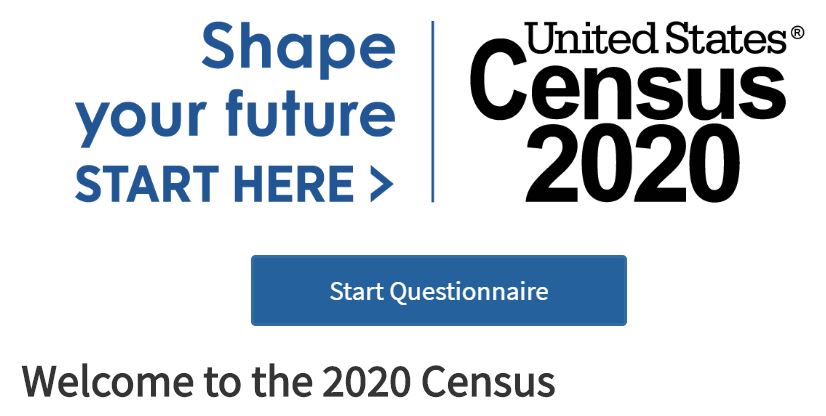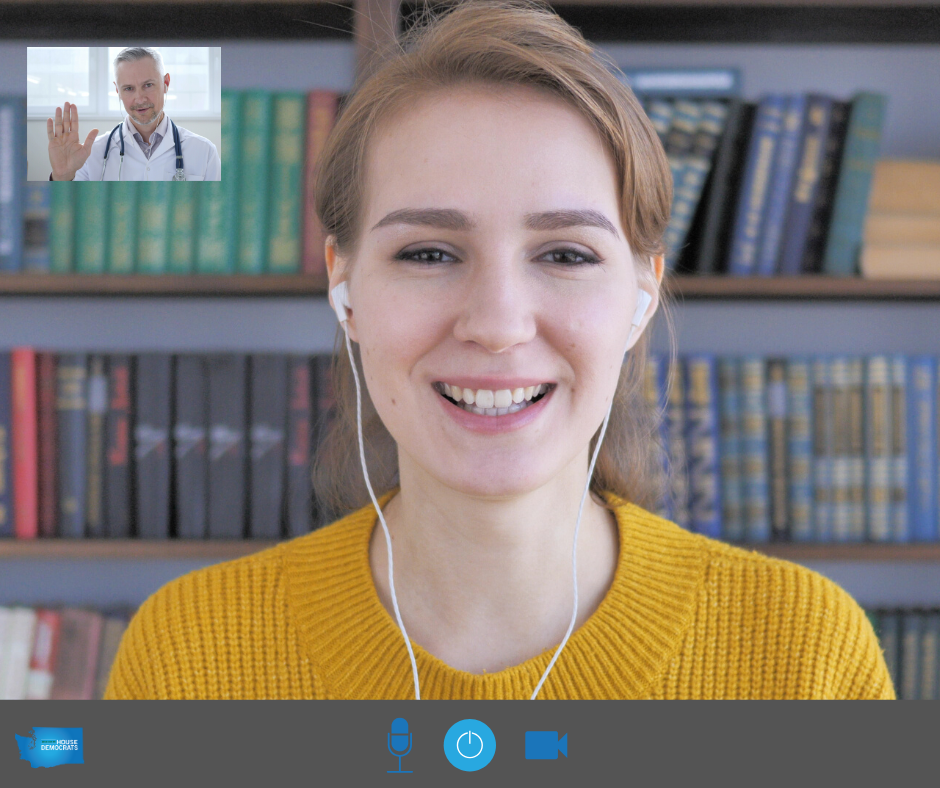Last week, the Washington State Legislature adjourned after a sixty-day legislative session. Our primary concern over the past few weeks has been to address the impacts of the COVID-19 outbreak on our state and communities. You can visit this page for a list of resources related to COVID-19 for individuals, workers, and employers.
Update on COVID-19 Response
Last week, before we adjourned, the legislature passed House Bill 2965, a bill that appropriates $175 million from the state rainy day fund for state and local governments and tribes to respond to the novel coronavirus and $25 million for unemployment benefits for employees who are temporarily laid off due to the COVID-19 outbreak.
Here is a list of resources that might be helpful to you during this unprecedented time:
- The Employment Security Department has programs designed to help individuals and employers that are affected by COVID-19. Visit their website here if you have any questions about employment and business relief.
- The Health Benefit Exchange has, in response to the potential growth of COVID-19 cases, opened a special enrollment period through April 8, 2020 to qualified individuals who are uninsured. Visit their website here to find out if you qualify and how to enroll.

- On March 13th, Governor Inslee ordered all public and private K-12 schools in Washington state to close through April 24th. The Office of Superintendent of Public Instruction has a resource page available here to provide schools, students, families, and communities with resources and guidance.
- In our community, our school districts are setting up ways for students to receive meals during the weekday. Please visit your school district’s website to learn more about what services your school district is offering during the closure. Here is the information for Vancouver Public Schools and Evergreen Public Schools.
- Assistance with buying food is available. If the COVID-19 crisis is creating extra strain on your household budget, you can apply for assistance through various state programs at https://www.washingtonconnection.org/home/. Food banks also remain open during this time.
My office will remain open, even if my staff is working remotely, so please email my office at monica.stonier@leg.wa.gov if you have any concerns or questions.
To get up-to-date information you can visit the Department of Health website or call the hotline at 1-800-525-0127.
Social Distancing: A How-To Guide
Social distancing is one of the most effective ways to slow the spread of COVID-19 as the virus is transferred from person to person. In response, Governor Inslee has directed all bars, restaurants, entertainment and recreational facilities to close to the public for the next two weeks (with the exception of take-out service), and has banned all gatherings over 50 people and any gathering under 50 people that cannot guarantee mandatory social distancing and hygiene practices.
Remember: Even if you do not show signs of the virus, you could be a carrier and should practice social distancing whenever possible.
Social distancing guidelines include:
- Staying home whenever possible, especially when you or anyone in your household is sick.
- Maintaining six feet of space between individuals. It’s okay to get fresh air, walk the dog, buy groceries and pick up medications – just maintain six feet of space from others when doing so.
- Eliminating nonessential trips outside the home. Use telecommute options and avoid public transportation whenever possible. Trips to the grocery store and pharmacy are okay.
- Minimizing contact with people, especially nonessential travel and visits with people over the age of 60. Seniors and people with compromised immune systems should stay home whenever possible.
- Rescheduling nonessential social gatherings and travel. There is a current statewide emergency ban on gatherings of more than 50 people and sit-in options at restaurants and bars. Delivery and take-out options are still available.
- Keeping in contact with loved ones remotely.
Practice social distancing – get counted in the census online

The 2020 Census will determine how billions of dollars in public funding for roads, public heath and schools are spent, and how we are represented politically for the next decade. While the COVID-19 pandemic has made traditional person-to-person outreach more challenging, there are still ways you can get counted in the census while still practicing social distancing.
Between March 12 – 20, households all over the country will receive initial invitations in the mail to get counted in the census. Once you have received that invitation, which includes a 12-digit CensusID code needed for completion, the Census Bureau is encouraging responses be submitted online at my2020census.gov. The online form should only take around ten minutes to complete in full.
Social distancing, not social isolation: tips for good behavioral health
While social distancing practices are one of the best ways to slow down the spread of infectious diseases, like COVID-19, stress and lack of human interaction can have negative impacts on our behavioral health.
Here are some recommendations and resources to stay mentally healthy over the next few weeks.
- Know the signs of stress, depression and anxiety, and how to manage those symptoms.
- Take care of your physical health. Eat healthy, nutritious foods, and go for walks outside – just maintain the six-feet social distancing rules.
- Practice social distancing, not social isolation. Use technology to stay virtually connected with loved ones.
- If you’re working from home or your child’s school has been cancelled, create and stick to regular schedules and routines.
- There is going to be constant media coverage on COVID-19. You can avoid overloading on COVID-19 negativity by only consuming information from reliable official resources and know it’s okay to disconnect from time to time.
- Find things to do that relieve stress that don’t involve screen time, like reading books, picking up old creative hobbies or indoor physical activities, including regular stretching.
- Reach out to a professional if you need help. You don’t have to go through it all alone.
- Remember, this won’t last forever. These are temporary situations and will eventually end.
My prime-sponsored bills
The bills that I sponsored that are headed to the Governor’s desk are:
- House Bill 2412 increases the number of retail liquor licenses a domestic brewery may hold from two to four and directs the State Board of Health to adopt rules to allow dogs on the premises of breweries that do not provide food. This bill was brought to me by a few of our local breweries who want to be competitive and expand their businesses in our community.
- House Bill 2458 outlines the optional benefits that our school districts can offer that are not offered by the School Employees Benefit Board. This will help our educators and school district employees be able to qualify for the same benefits they received under the previous system.
- House Bill 2554 requires health carriers and the Health Benefit Exchange to provide notices to consumers when mandatory benefits are excluded from health plans. This bill helps our health insurance marketplace and you by making the offered benefits transparent and accessible.
Many of you have been following Senate Bill 5395, a bill relating to comprehensive sexual health education, through the legislative process. This bill is headed to the Governor’s desk to be signed into law. Senate Bill 5395 has garnered a great deal of attention from parents, students, teachers, and members of the community. Listen here to a special edition of “Capitol Ideas” as I discuss the debate on the House floor, what is actually in the bill, and how we strengthened the opt-out option and notification policy for parents and families.
Possible Remote Town Hall
Given the need to social distance right now, my 49th District colleagues and I will not be holding our usual in-person Town Hall after session. We are looking into our ability to do a Telephone Town Hall, and will keep you updated when we are able to schedule it.

